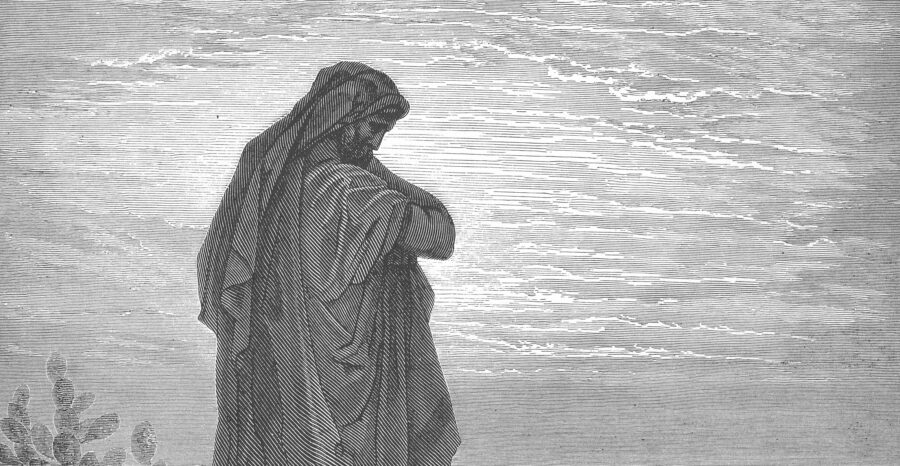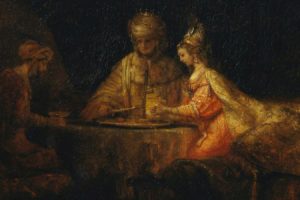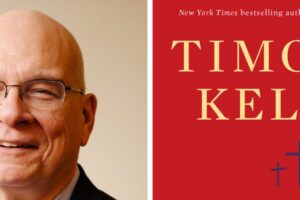In his commentary on Amos, Hans Walter Wolff writes,
…Amos with his message of judgement thrusts Israel back among the nations, there appears here a negative print of Pentecost. The wall between God’s people and the nations of the world is already being broken down. The Church will suffer damage if it does not allow to be utterly eradicated that sense of special privilege which, despite Amos, gained strength again in Israel. There are religious privileges which also in the name of Jesus must be revealed as unfounded, even deadly. A reconciled community of nations can come into existence only through recognition that it is first of all a community of those justly condemned. The church should clear the way among the world’s nations for this recognition.
There is a lot in that quote that I would want to change, clarify, or even remove entirely, but there is also a lot to chew on.
Wolff is reflecting on the surprising turn in Amos 3 in which the prophet announced that Israel was to be judged alongside of other nations. Her privileged status was not source of exemption but rather the basis of her destruction. “You only I have chosen among all the families of the earth;” the Prophet writes, “therefore I will punish you for your iniquities” (Amos 3.2). Here “election” takes a dark turn, a turn away from salvation to punishment, condemnation, and accountability. The nations are being judged for their sins, and Israel, because of her sins, is judged as well.
As Wolff points out, there is a lesson here for the church. A lesson for a visible church that might regard itself as exempt from accountability, or a church that is so aligned with a “favoured nation” that both are above judgement. Amos reminds his readers that, at least on the level of the total group, such a claim to “election” does not guarantee “salvation.” Israel had maintained the outward trappings of their God-given religion, and yet time and again the LORD declares that they have not “returned to him.” (Amos 4.6, 8-11) Israel’s fundamental sin was turning from God to others, in spite of all their sacrificing and tithing (Amos 4.4-5). A claim to such “religious privileges” must, as Wolff writes, be totally unveiled as unfounded and deadly. I am reminded at this point of Russell Moore’s critiques of American “civil religion.” I join him in the sentiment that it is good news that we are, perhaps, seeing the end of that era. Such a religion can only stand under the sentence of death.
But how does life come out of death? Resurrection, of course. If Christianity is to be truly made up of “a reconciled community of nations,” in which, to now turn to Paul, “there is neither Jew nor Greek, there is neither slave nor free man, there is neither male nor female” then the only solution lies through the embrace of the verdict “justly condemned” in order to be “clothed with Christ…all one in Christ Jesus.” (Gal. 3.27-28). The Gospel is not, “Jesus died, so you don’t have to.” Or that “Jesus died, so that your national privilege, whatever it might be, can remain intact.” The Gospel is that Jesus died so that you can too, so that you may embrace the death of sin and self and rise again with him to new life (Gal. 2.20; Rom. 6.4). New Creation is Resurrection Creation. Anything short of that understanding can only give birth to the pseudo-life of religious and national pride the prophets like Amos spoke so boldly against.
(Quotation from Wolff, Joel and Amos (Hermeneia; Philadelphia: Fortress, 1977. pg. 106.)
(Featured image: “Amos” by Gustave Doré)





Leave a Reply
Your email is safe with us.